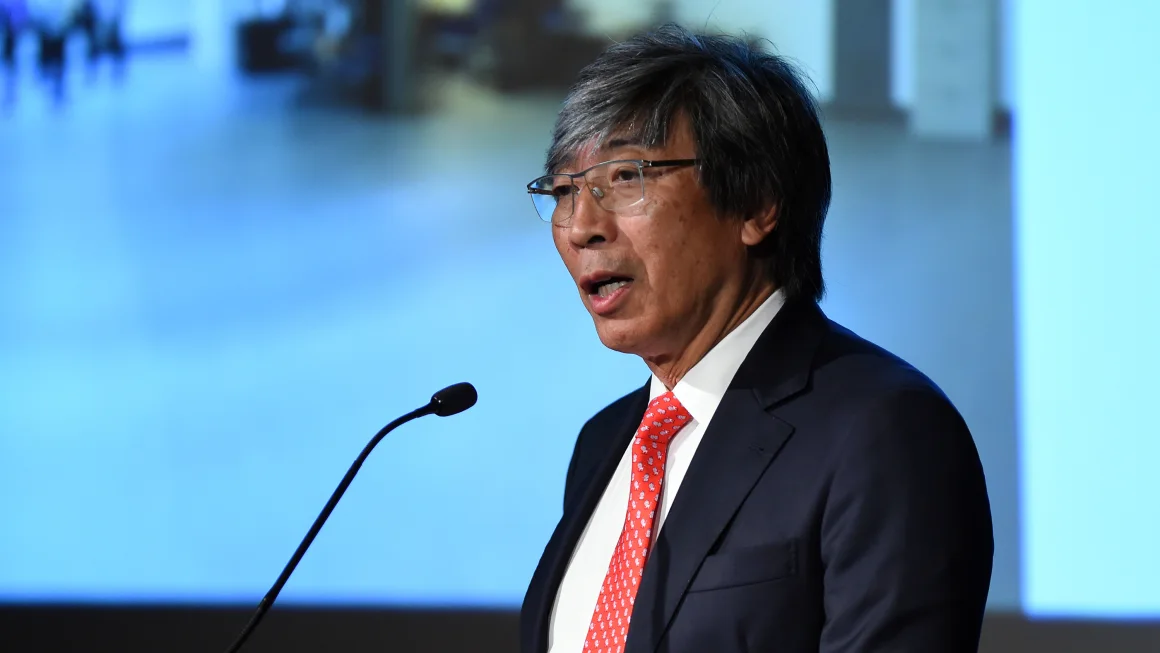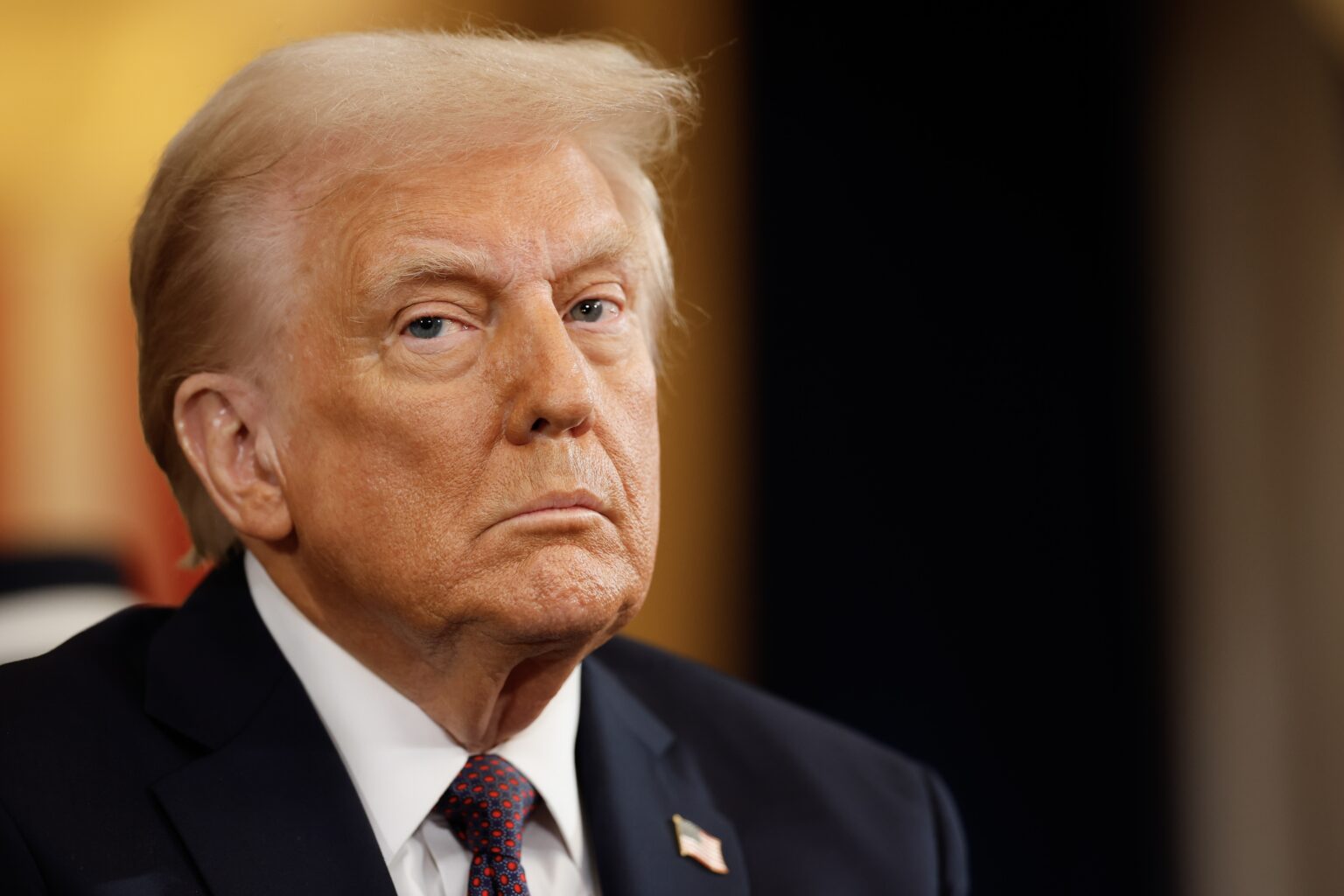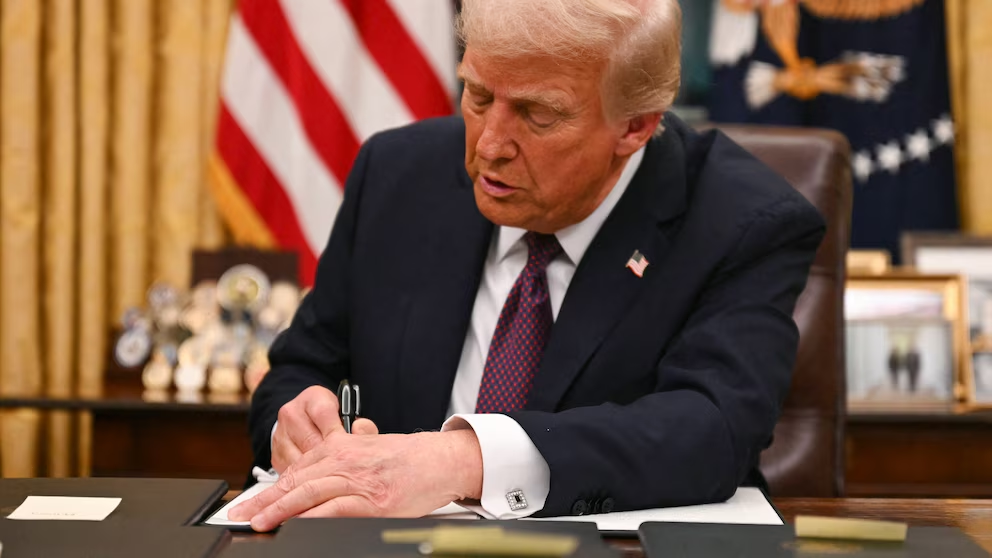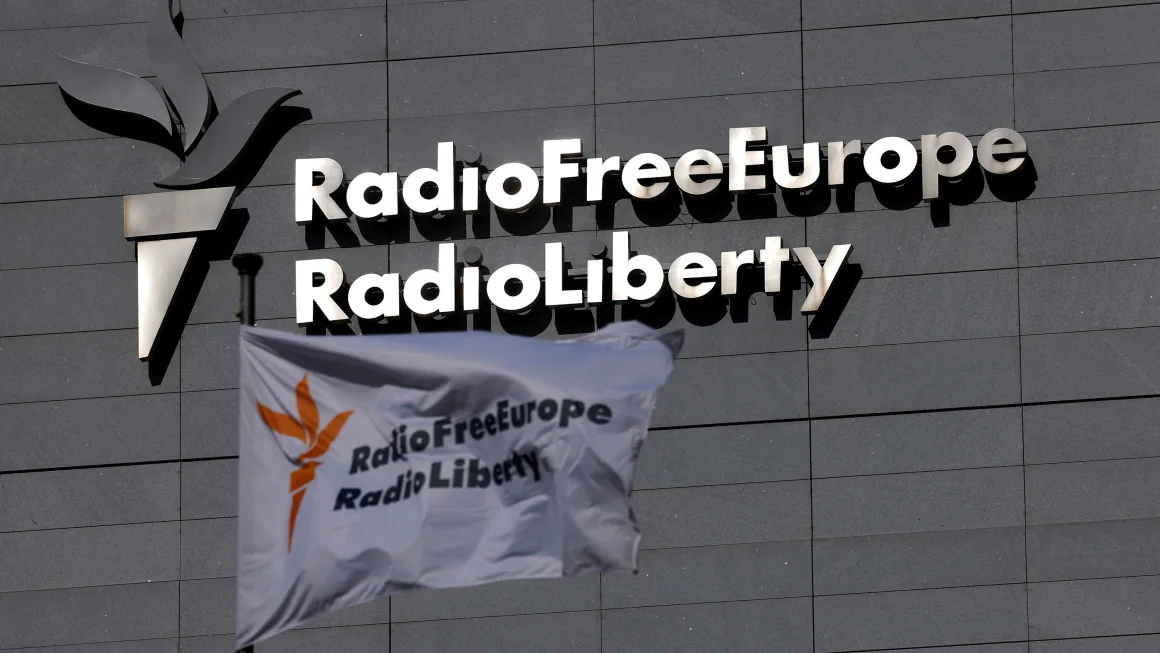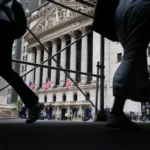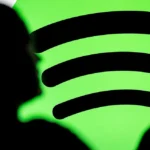Tech innovators often create products without fully realizing their long-term impact. That was the case with Twitter, as early employees revealed in CNN’s documentary series, Twitter: Breaking the Bird.
When Twitter was founded in 2006, it reflected the early internet’s spirit—an optimistic vision of open communication. However, over the years, the platform faced challenges that its creators never anticipated, including the spread of misinformation, hate speech, and political manipulation.
“There was a lot going on. There’s not really time in the day to contemplate the much larger implications of what we’re building,” said Twitter co-founder Evan Williams in the documentary.
Now known as X and owned by Elon Musk, the platform has undergone radical changes. Musk’s leadership has welcomed back controversial figures, reshaped its content moderation policies, and driven advertisers away with his divisive decisions. Once a tool for global discourse, Twitter’s influence now raises questions about free speech, power, and its future viability.
A Platform That Took on a Life of Its Own
At its launch, Twitter was a simple tool, with founders like Jack Dorsey and Biz Stone posting casual updates about daily life. No one imagined it would evolve into a global force for political activism, from the Arab Spring to Black Lives Matter.
Jason Goldman, Twitter’s first head of product, explained, “You have a hunch, but the fog of uncertainty is pretty dense. The approach in tech is often to build first and figure things out later.”
Jack Dorsey, a key figure in Twitter’s evolution, always saw it as a platform for free expression. However, this stance also led to slow responses in addressing misinformation and online abuse. Former trust and safety head Del Harvey admitted that, as late as 2017, Twitter had not invested enough in tackling harmful content.
The Road to Musk’s Takeover
In 2020, Dorsey invited Elon Musk to speak at a company-wide meeting, asking him, “By the way, do you want to run Twitter?” Musk later took a financial stake in the company, setting the stage for his $44 billion acquisition in 2022.
Under Musk’s leadership, Twitter has transformed significantly. Once an influential communication hub, it now faces concerns over disinformation, extremist content, and financial instability.
Looking back, Goldman reflected on Twitter’s unintended consequences: “We saw some harmful use cases as glitches in the system, but in reality, they became defining features.”
The documentary Twitter: Breaking the Bird offers a deeper look into how a once-hopeful experiment in social media evolved into one of the most polarizing platforms in the digital age.
